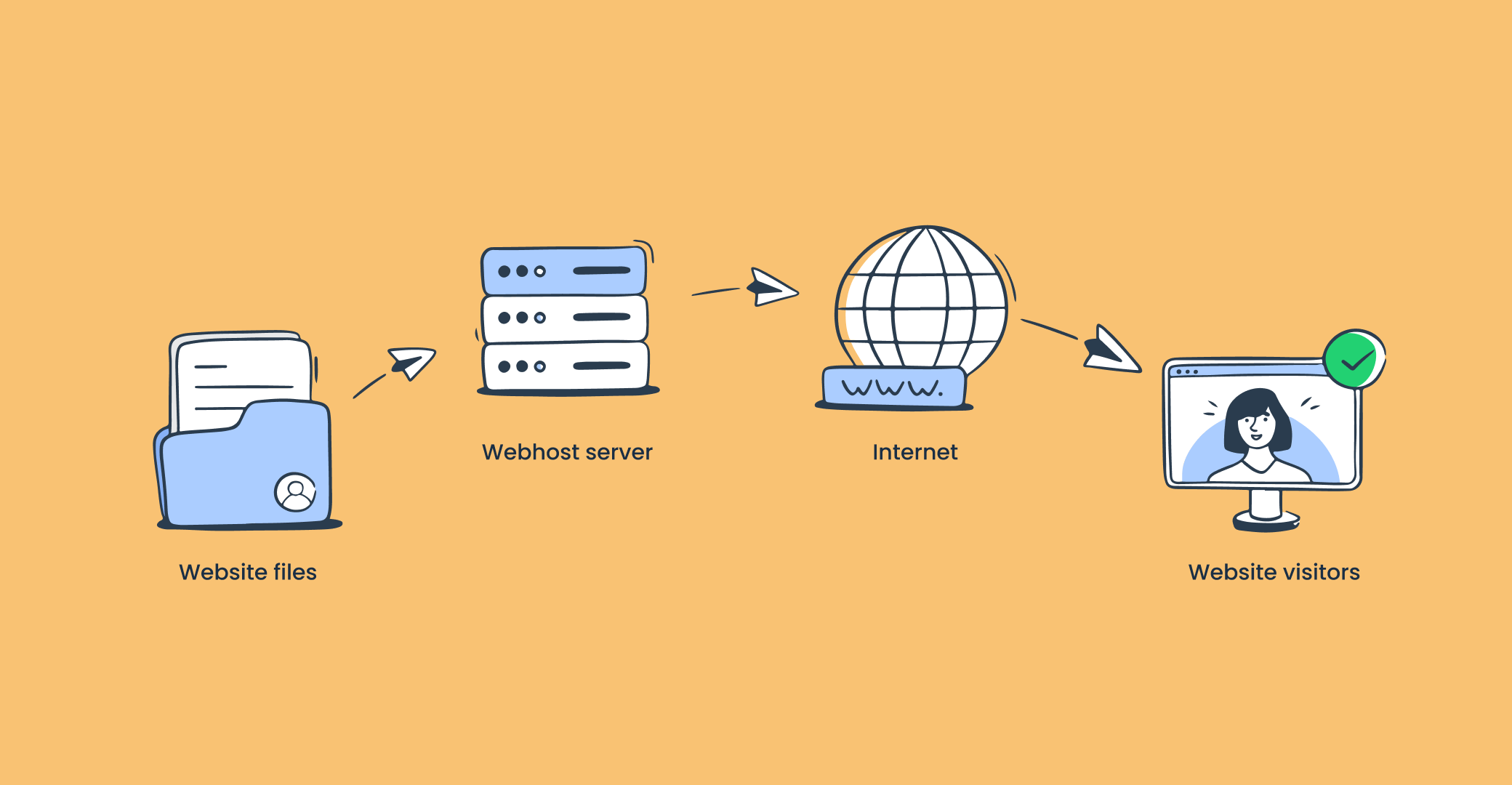Web Hosting vs Email Hosting: What’s the Difference?
When it comes to hosting services, there are many options available to individuals and businesses. Two of the most common types of hosting are web hosting and email hosting. While both services are essential for maintaining an online presence, they serve different purposes and cater to different needs. In this article, we will explore the differences between web hosting and email hosting to help you make an informed decision for your online operations.
Web Hosting
Web hosting is a service that allows individuals and organizations to make their websites accessible via the World Wide Web. When you create a website, all the files, images, and content need to be stored on a server connected to the internet so that users can access it. This is where web hosting comes into play. Web hosting providers offer server space and resources to host your website and make it available online.
There are different types of web hosting, including shared hosting, VPS hosting, dedicated hosting, and cloud hosting. Each type of hosting has its own set of features, benefits, and limitations. Shared hosting is the most budget-friendly option, where multiple websites share resources on the same server. VPS hosting provides a virtual private server for more control and flexibility. Dedicated hosting offers an entire server for one website, ensuring maximum performance and security. Cloud hosting allows scalability and resource allocation on-demand.
Email Hosting
While web hosting focuses on hosting websites, email hosting is specifically designed for handling email services. Email hosting providers offer email servers and storage space for managing email accounts associated with a domain name. With email hosting, businesses and individuals can create custom email addresses using their domain name (e.g., info@yourdomain.com) and access their emails via webmail or email clients like Microsoft Outlook or Thunderbird.
Email hosting services typically include features such as spam filtering, virus protection, email encryption, and customizable email settings. Businesses often opt for email hosting to enhance their professional image, improve communication within the organization, and ensure secure and reliable email delivery.
Key Differences
- Web hosting is for hosting websites, while email hosting is for managing email services.
- Web hosting provides server space for storing website files, while email hosting offers email server and storage space for managing emails.
- Web hosting includes features like domain registration, FTP access, and website building tools, while email hosting includes email management features like spam filtering and encryption.
Ultimately, the choice between web hosting and email hosting depends on your specific needs and requirements. If you need to establish an online presence and host a website, web hosting is the way to go. On the other hand, if you prioritize professional email communication and need reliable email services, email hosting is the ideal solution. Some hosting providers offer both web hosting and email hosting services in a single package, providing convenience and seamless integration for your online operations.
Whether you choose web hosting, email hosting, or a combination of both, selecting a reputable hosting provider is crucial for ensuring uptime, security, and performance. Evaluate your hosting needs, compare different hosting plans, and consider factors like server reliability, customer support, and pricing before making a decision. With the right hosting solution in place, you can establish a strong online presence and streamline your digital communication effectively.
